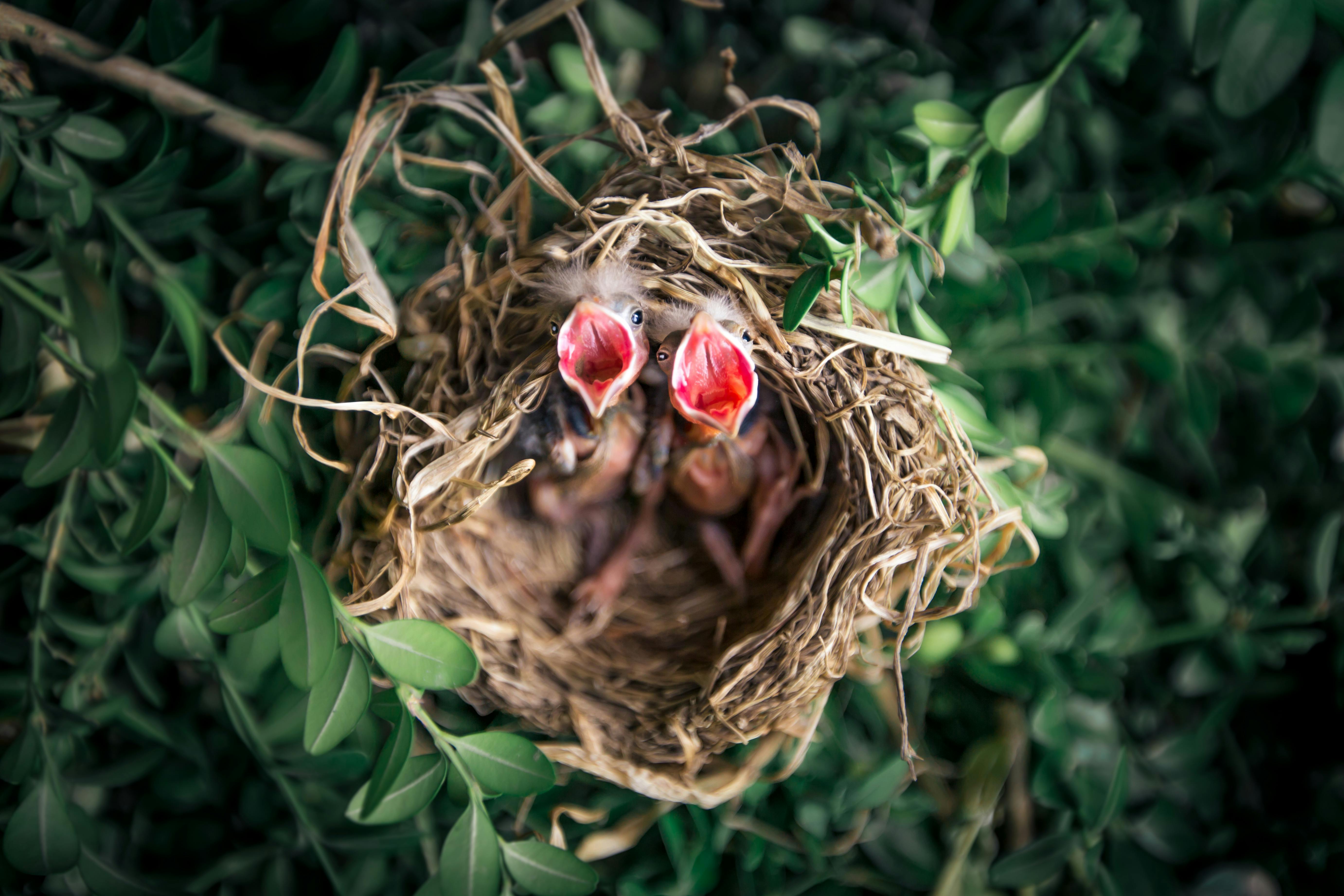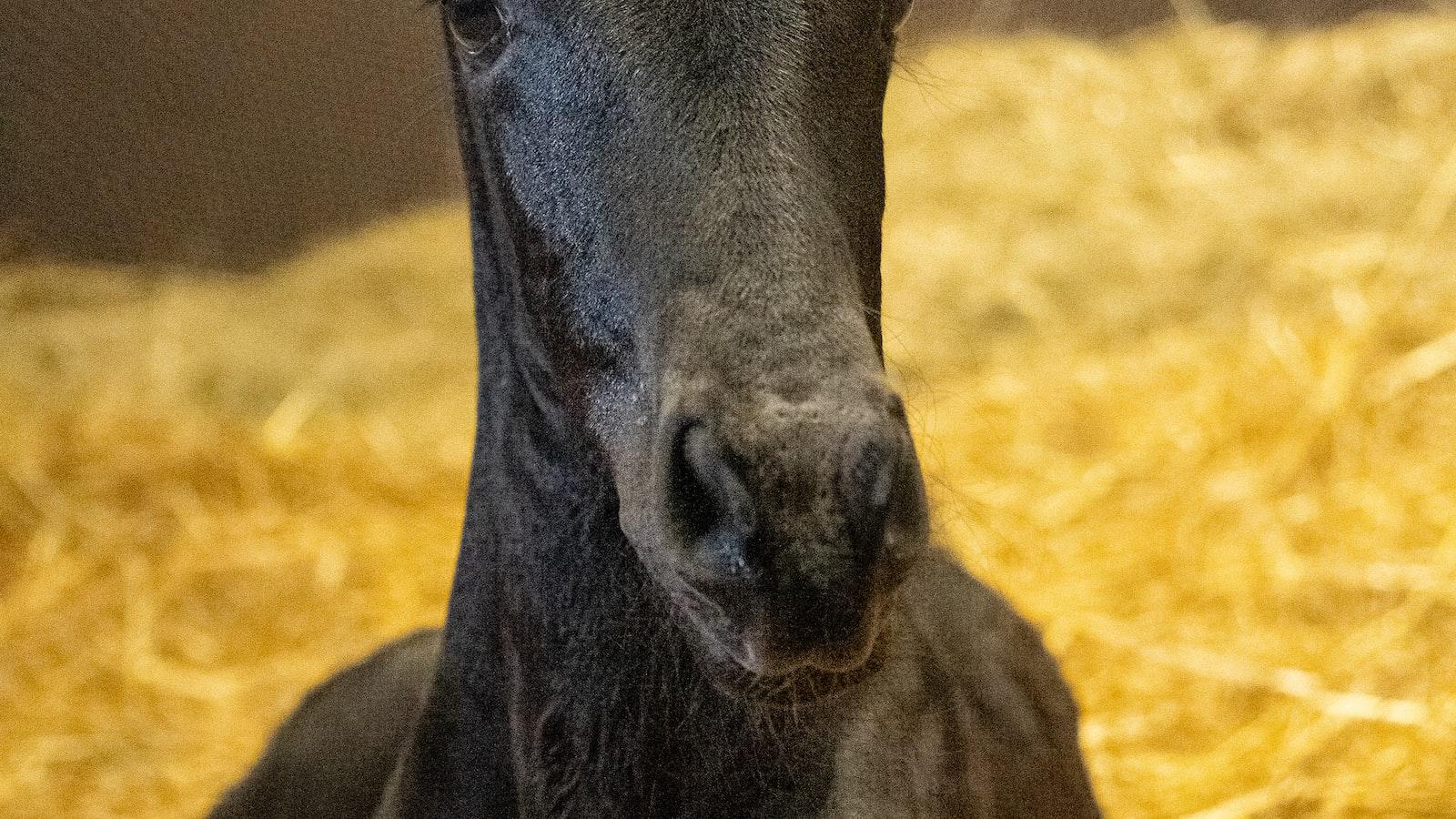Do babies go through growth spurts? During these times of rapid growth and development, do babies poop less? The answer is yes! Growth spurts can cause a decrease in a baby’s stool output and frequency. This is perfectly normal and expected. In this article, we’ll explore why this happens and provide some tips to help your baby adjust to the changes.
Does a Baby Poop Less During Growth Spurts?
It is normal for a baby to poop less during growth spurts. This is because their bodies are so busy growing that they do not have time to digest and excrete food as quickly as usual. As their bodies grow, they become more efficient in processing food, leading to less frequent bowel movements. It is also possible that babies are drinking more milk during these growth spurts, which can slow down digestion and result in fewer bowel movements.
While it is normal for a baby to poop less during growth spurts, it’s important to pay attention to their stool consistency and color. If the stools become hard, dry or there is a sudden change in color, it could be an indication of constipation or another health issue. If you have any concerns about your baby’s bowel movements, contact your pediatrician for advice.
In general, however, if your baby has fewer poops while going through a growth spurt it is nothing to worry about. The frequency of poops will likely return to normal once the growth spurt has finished. However, if you notice other changes in your baby’s health or behavior during this time that concern you, be sure to talk to your doctor right away.
What Causes a Growth Spurt in Babies?
A growth spurt is a period of time when babies experience rapid growth. During this time, babies may gain an inch or two in length and several pounds in weight. Growth spurts are a normal part of development and usually occur at certain times during the first year of life. The most common growth spurts occur at about three weeks, six weeks, three months, and six months after birth.
Growth spurts are caused by an increase in hormones that stimulate the release of growth factors from the pituitary gland. These hormones also help baby’s organs and tissues grow, which can cause them to be hungrier than usual during this time. A baby’s increased appetite leads to more frequent feedings, which can mean more diaper changes and more sleep interruptions for parents.
In addition to hormones, genetics play a role in growth spurts as well. Babies inherit their genetic material from their parents, which helps determine their height and weight as they grow. While some babies may experience a sudden jump in size during a growth spurt, others may experience slower but steady gains throughout early childhood.
Growth spurts are an important part of healthy development for babies and can often be hectic for parents. However, it is important to remember that these periods of rapid growth are temporary and will eventually come to an end!
How Long Do Growth Spurts Last in Babies?
Growth spurts in babies are a normal part of development and can last anywhere from a few days to several weeks. During this time, babies may experience rapid weight gain, increased appetite, frequent feeding, and longer sleep periods. It is important to note that while growth spurts are common, each baby’s growth pattern is unique and will vary from one baby to the next.
Growth spurts typically occur during the first year of life and typically last for a few days at a time, though some may last longer. During this time period, babies can gain as much as one pound per week and grow an inch or more in height. Growth spurts usually occur about every three weeks for the first six months of life. After six months of age, growth spurts become less frequent and tend to last shorter periods of time.
It is important to remember that while growth spurts are normal and necessary for infant development, it is important for parents to ensure that their baby is getting enough nutrition during this time period. Breastfed babies may feed more frequently during growth spurts, while formula-fed babies may need larger amounts of formula at each feeding. Additionally, parents should make sure their baby gets enough rest during this time as it is essential for healthy development.
In general, growth spurts in babies are a natural part of development and typically last several days or weeks at a time. While these growth spurts can be exhausting for parents due to more frequent feedings and longer sleep periods required by their baby, it is important to remember that these phases do not last forever!
Effects of Growth Spurts on Baby’s Appetite and Sleep Patterns
Growth spurts are a normal part of a baby’s development and can affect their appetite and sleep patterns. During a growth spurt, your baby may eat more than usual or want to feed more often than normal. This is because the extra calories are needed for them to grow. In addition, your baby may seem more fussy or irritable due to the extra hunger they are feeling.
Your baby’s sleeping pattern may also be affected during a growth spurt. They may wake up more frequently throughout the night or sleep less during the day. This is because they are extra hungry and need to eat more often which can disrupt their sleep cycle. To help your baby sleep better during a growth spurt, try giving them extra feedings before bedtime and making sure they get plenty of rest throughout the day.
Growth spurts can be an exciting time for parents as they watch their little one grow and develop but it can also be exhausting due to the increased need for food and sleep. Understanding why your baby is eating or sleeping more during this time will help you have patience with them and provide them with the best care possible.

How to Help Your Baby During Growth Spurts
Growth spurts can be a stressful time for parents and babies alike. During a growth spurt, your baby may become extra fussy and may want to be held or nursed more often. It is important to understand that growth spurts are a normal part of early development and they will pass. Here are some tips on how to help your baby during a growth spurt.
First, it is important to meet your baby’s needs for food and sleep. During a growth spurt, babies may need extra feedings or longer nursing sessions in order to get the necessary nutrition for proper development. Additionally, they may need more sleep than usual in order to properly rest and recover from the additional strain caused by their bodies’ rapid development.
Second, it is important to provide plenty of skin-to-skin contact with your baby during this time. Skin-to-skin contact has been found to have numerous benefits for both parents and babies, including increased bonding, stress relief, and improved sleep patterns for the baby.
Third, it is important to create an environment that is conducive to restful sleep for your baby. This includes reducing noise and light levels in the sleeping area as well as avoiding stimulation before bedtime such as TV or active play. Additionally, providing a comforting routine such as an evening bath or massage can help soothe your baby into a peaceful sleep state.
Finally, it is important to take care of yourself during this time as well. Growth spurts can be a stressful time for parents due to lack of sleep and increased demands on their time from their growing baby’s needs. Make sure you take the time you need for yourself in order to cope with the added stress of parenting during this stage of life.
What is Normal for Poop Output During a Growth Spurt?
During a growth spurt, it is normal to experience changes in your baby’s bowel movements. You may notice your baby passing more poops than usual. This is because their body is going through a rapid growth phase and needs to adjust accordingly. As the baby’s digestive system matures, they may start to pass fewer poops than before.
However, it is important to note that each baby is different and some may have more or less frequent bowel movements than others during this time. It is also important to watch for any signs of constipation or diarrhea, as both can be indicative of an underlying health issue. If you notice any changes in your baby’s poop output during a growth spurt, it is best to talk to your pediatrician to make sure everything is okay.
It is also important to pay attention to the consistency of your baby’s poop during a growth spurt. Breastfed babies typically have softer stools that are yellow or green in color and contain small seed-like particles. Formula-fed babies will usually have firmer stools that are tan or brown in color with few specks and more solid pieces. Stools should be relatively soft and easy for your baby pass without straining or discomfort.
If you are ever unsure about the amount or consistency of your baby’s poop output during a growth spurt, be sure to consult with your pediatrician for advice and support.
Is It Normal for Poop Output to Decrease During a Baby’s Growth Spurt?
Yes, it is normal for poop output to decrease during a baby’s growth spurt. This is because babies often take in more nutrients during a growth spurt, so their digestive system does not need to process as much food. As a result, they produce less waste. In addition, babies tend to have shorter periods of time between feedings during growth spurts, which also contributes to a decrease in their poop output.
It is important to note that the decrease in poop output should be temporary and should not last more than a few days. If your baby has had fewer bowel movements than usual for an extended period of time, it could be a sign of constipation or another issue and you should contact your pediatrician.
In general, however, it is normal for poop output to decrease during a baby’s growth spurt and should not be cause for concern. If you notice changes in your baby’s eating habits or the frequency of their bowel movements, make sure to talk with your pediatrician to ensure that everything is okay.

Conclusion
It is clear that babies do indeed poop less during growth spurts. This is a normal and natural occurrence and nothing to be alarmed about. The size of the baby’s stomach is increasing rapidly during this time, meaning that they are taking in more food than usual and not pooping as much as a result. It’s also important to remember that all babies are different and their growth spurts may last longer or shorter than others. Parents should be aware of this possibility but not overly concerned if their baby does not poop as much during a growth spurt.
Overall, it seems reasonable to conclude that babies do indeed poop less when they are going through a growth spurt. This is a normal part of development and parents should not be concerned if their child does not have as many bowel movements as usual during these times. As long as the baby continues to gain weight at a healthy rate, there is no need for worry.




